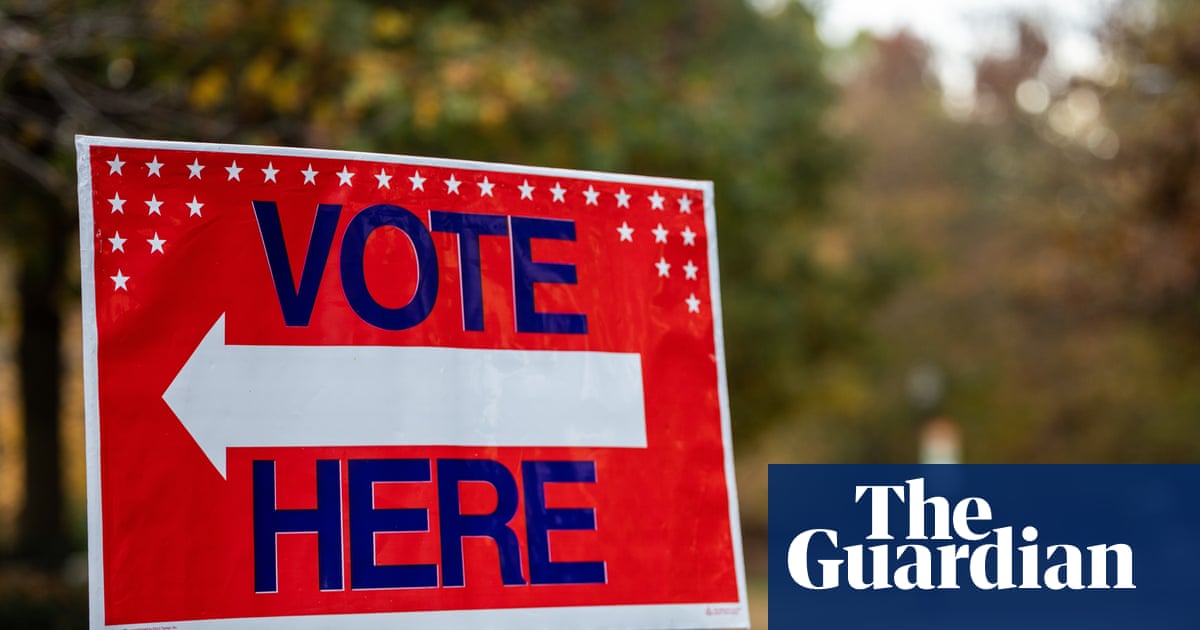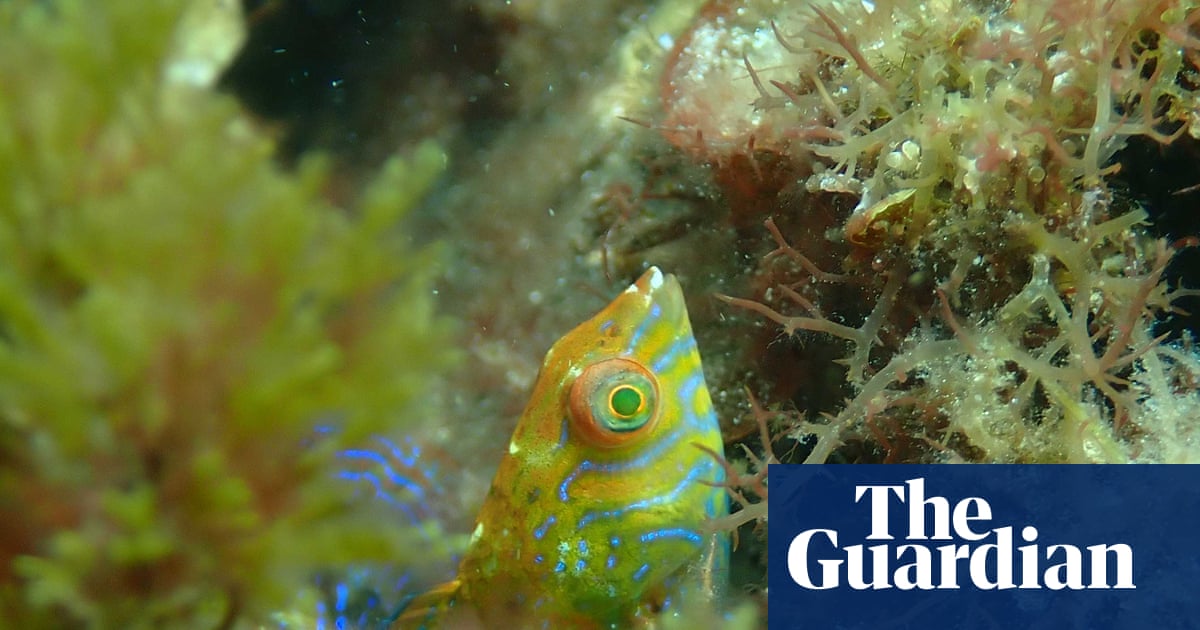The Gambling Commission has demanded a UK bookmaker hand over a trove of financial documents after the company accidentally disclosed information suggesting it may be running an illegal offshore betting operation.
The Guardian understands that the company, which sponsors sporting events and boasts connections to high-profile figures in sport and politics, is the subject of early inquiries that could lead to a full-blown investigation.
Sources said the company, which takes billions of pounds of bets from British punters every year, inadvertently alerted the Gambling Commission to potential wrongdoing during a routine disclosure of documents required by the regulator.
The company mistakenly included documents indicating it had been transacting with entities based overseas, sources said. Details were written in white text on a white background but were spotted by staff at the regulator.
The apparent transactions have prompted concerns about a possible illegal offshore network taking unlicensed bets from high-rolling British punters and depriving the exchequer of significant sums in unpaid taxes.
The accidental nature of the disclosures also underlines the difficulty faced by the Gambling Commission in uncovering underground betting, unless companies suspected of offering illicit bets stumble into incriminating themselves.
Betting companies based overseas typically do not pay gambling duties or corporation tax in the UK, and many do not operate strict anti-money-laundering controls or apply safer gambling tools designed to ensure people do not lose unaffordable sums.
The Gambling Commission is expected to look into whether the bookmaker has been directing some of its high-rolling “VIP” customers to offshore partners, allowing them to avoid regulatory checks that many regular punters find tedious.
Any finding of involvement in offshore betting could have serious repercussions for the company, which the Guardian has chosen not to name at this stage.
Individual betting executives also hold personal betting licences, which can be revoked by the regulator.
“If you’re offshoring VIPs, your licence is toast,” said one industry source.
Any evidence of illegal offshore betting could also attract the attention of the police and HM Revenue and Customs (HMRC) if there is suspicion that tax is being avoided.
Rather than seeking talks with the Gambling Commission after realising its mistake, the company is understood to have called in lawyers.
after newsletter promotion
Eventually, sources said, the regulator demanded more data from the company, including granular details of financial transactions.
The commission declined to comment on the exact nature of its inquiries. However, investigators are understood to be focused on transactions with offshore entities named in the accidentally disclosed documents and the nature of their apparent ties to the company’s legitimate UK business.
In practice, it is difficult to trace who is behind offshore gambling companies. Typically, they obtain licences from island jurisdictions that do not publish detailed information about who holds the licence, such as Curaçao in the Caribbean.
Anjouan, one of the Comoros Islands in the Indian Ocean, has also emerged recently as a big centre for offshore gambling companies.
The company denied any links to offshore gambling operations and said it was unaware that the Gambling Commission held any such concerns.

 2 months ago
73
2 months ago
73

















































